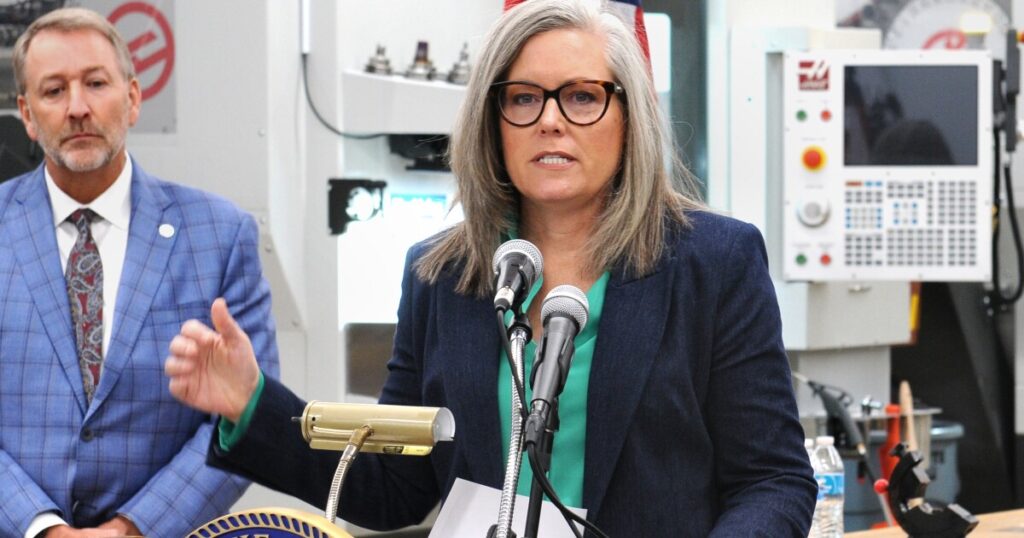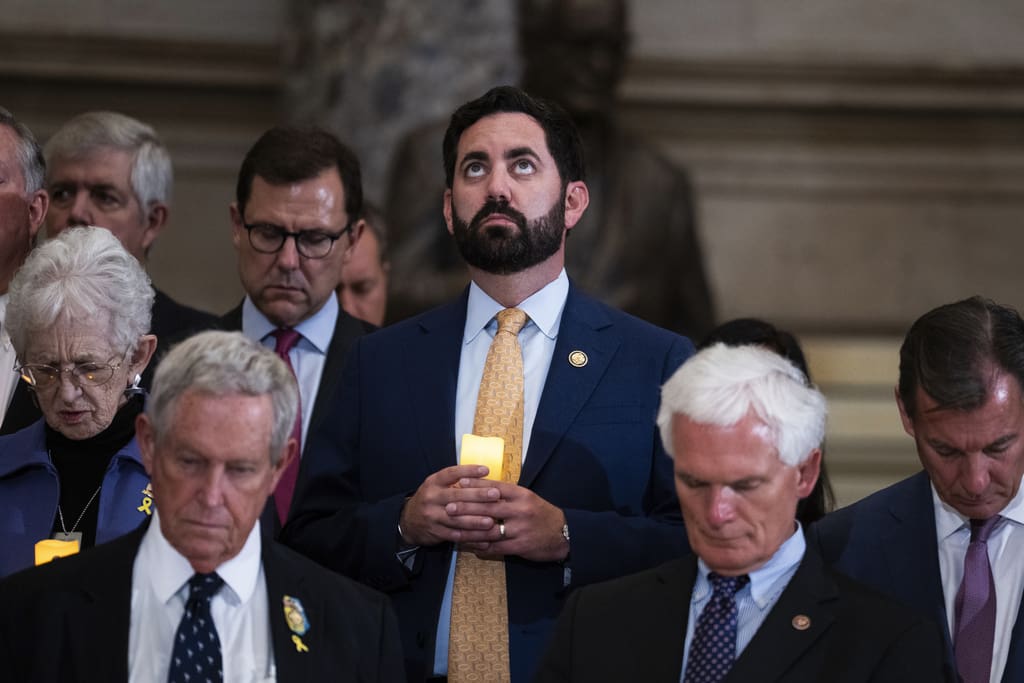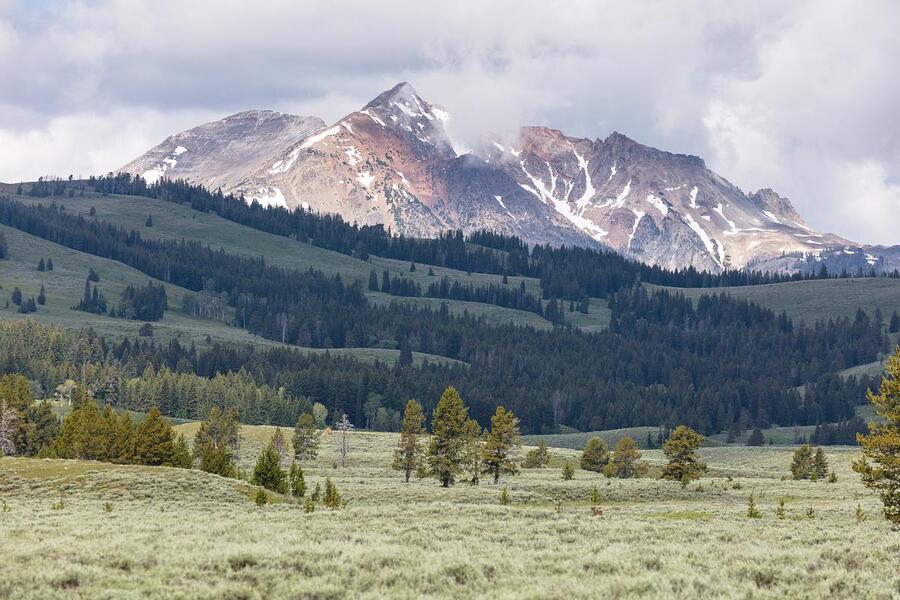Arizona’s Solar Initiative Faces Uncertainty Amid Federal Funding Controversy
Recent federal decisions have put Arizona’s solar energy projects in doubt, as state officials push back against the cancellation of substantial grant funding. The move has sparked a contentious debate on the future of solar power in low-income communities throughout the state.
Governor Katie Hobbs, along with Arizona’s congressional Democrats, is urging the federal government to reinstate the Solar for All program funding, which had been intended to support solar installations in economically disadvantaged areas. The cancellation of this funding was attributed to changes enacted by the Trump administration’s comprehensive tax and immigration legislation.
Funding Dispute
The Solar for All program was initiated under the Inflation Reduction Act of 2022, during the Biden administration, with a $7 billion budget allocated to 60 organizations nationwide. Arizona was set to receive $156 million, while the Hopi Tribe was allocated $25 million for solar energy projects, particularly important as many homes on the reservation lack electricity.
Lee Zeldin, EPA Director, announced the program’s cancellation, citing the rollback of funding as per the “One Big Beautiful Bill.” He stated, “EPA no longer has the authority to administer the program or the appropriated funds to keep this boondoggle alive.” However, Arizona Democrats, including Senators Mark Kelly and Ruben Gallego, have contested this decision, emphasizing that the funds are still legally obligated.
A letter signed by these officials highlighted that a Congressional Budget Office analysis projected the EPA would only recoup $19 million under the new bill, labeling it merely as administrative funds returned. They also cautioned that the program’s termination could halt ongoing projects and squander both development efforts and taxpayer dollars.
The Debate Over Program Efficacy
Zeldin criticized the program’s financial management, suggesting that excessive overhead costs and multiple subcontractors reduced efficiency. “With all of the middlemen taking their own cut; at least 15% by conservative estimates,” he claimed. Moreover, he argued that many projects remained in preliminary stages.
In contrast, Arizona’s Democrats countered that many projects were already underway and poised to significantly enhance the state’s solar capacity. According to the Arizona Governor’s Office of Resiliency, the grants would have expanded rooftop solar capacity from 7 megawatts to 61 megawatts by 2026.
Challenges in Solar Development
Besides the grant cancellations, Arizona’s clean energy sector faces additional challenges. The state’s largest electric utility, Arizona Public Service, recently withdrew from its commitment to achieve 100% clean energy by 2050, opting instead to increase natural gas use. Furthermore, state regulators are considering repealing renewable energy mandates for utilities.
These developments occur amid growing energy demands across Arizona. Representative Gallego emphasized the urgency of increasing energy generation, advocating for rapid expansion of renewable sources and viewing natural gas as a transitional solution. “I think we need to be putting as much energy as fast as possible online — renewables are the fastest you can do right now,” he stated, adding that nuclear energy might also play a vital role in meeting future demands.
For more details on the ongoing energy policy shifts in Arizona, visit APS’s clean energy commitment changes, the potential repeal of renewable energy requirements, and APS’s solar customer fees.
—
Read More Arizona News










